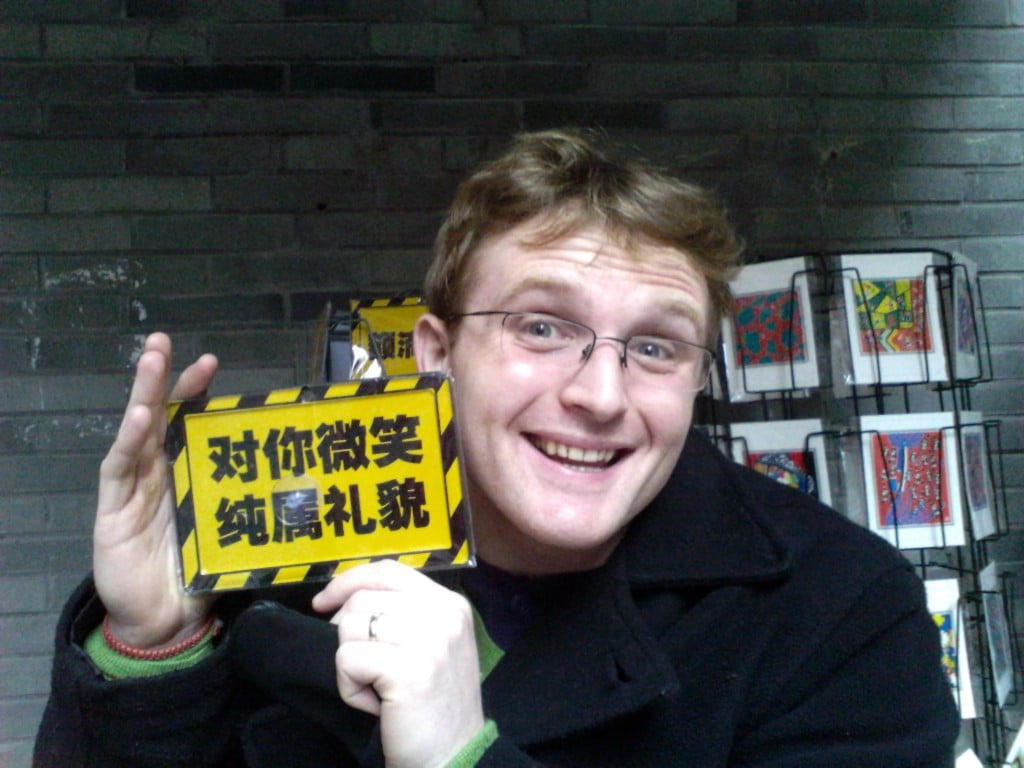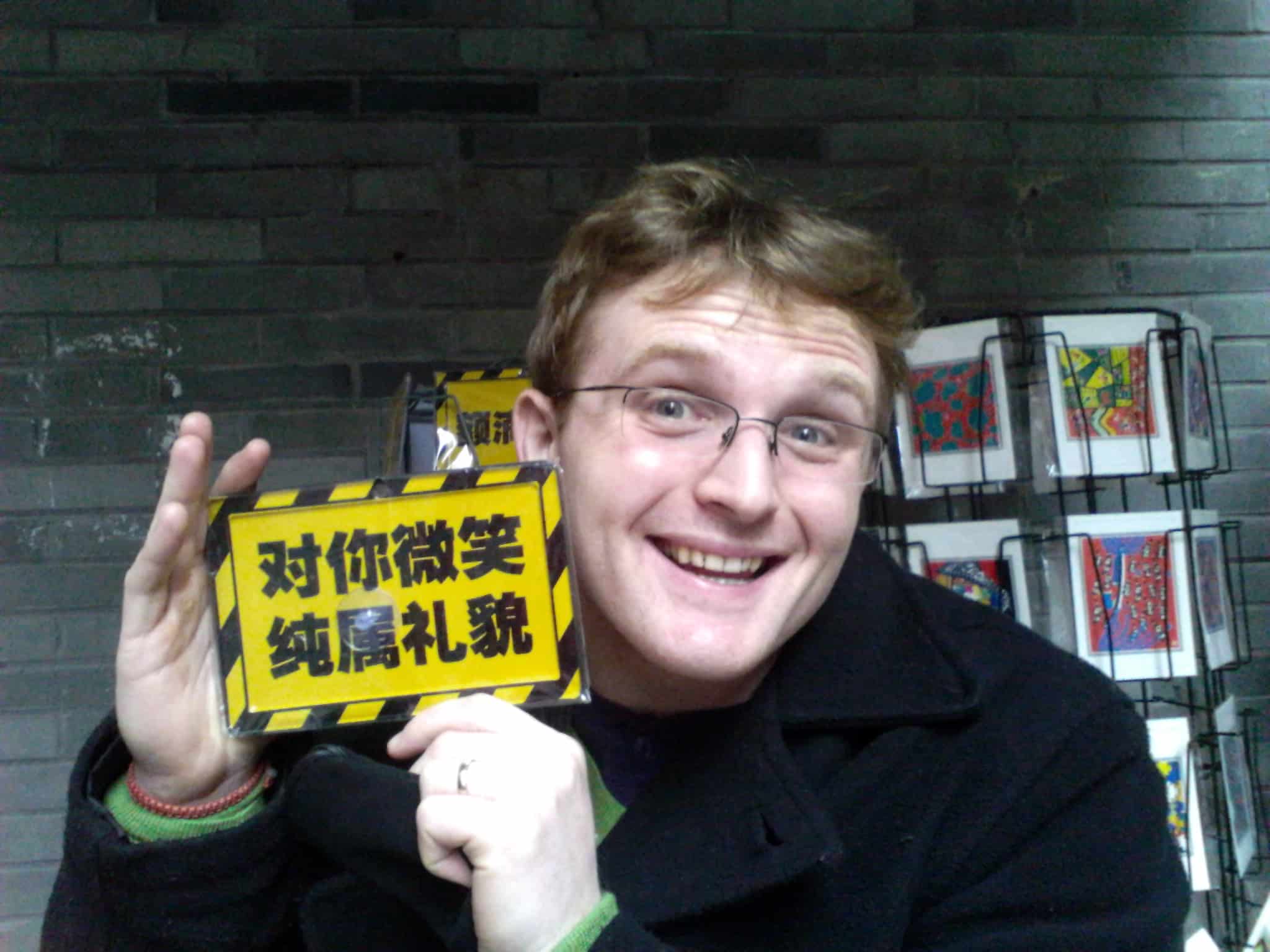
In June this year I made a trip to China and Taiwan, the former for work and the latter to visit friends and family with my wife. On my last day in Taiwan, I took the high-speed rail—oh, America, you should really think hard about getting one, or ten, of these—from Kaohsiung up to Taoyuan, where I would take a bus transfer to the airport.
Climbing up the escalator with a couple pieces of luggage—one filled with gifts and other Taiwanese goodies—I scoped out the restroom and began walking in that direction. Getting close, I looked up again to see a black man in a suit turning a corner to walk by me.
Then it happened.
Our eyes connected for a second, and he offered me a nod and said in an American accent, “Hi.” I briefly nodded back and walked on toward the restroom.
This situation may seem totally innocuous from the perspective of an American. But after having been in China and Taiwan for almost three weeks, and having previously lived in those countries for over two years, this moment of connection with a foreigner in Taiwan felt really awkward.
While in the American cultural script it is more normal and accepted to say “hi” or “how are you” to random people in the streets, the Chinese cultural repertoire usually deters someone from making eye contact with strangers in public or, much less, verbally acknowledging them.
Until that moment, I had not run across a foreigner during my June trip in China and Taiwan, and after a couple of weeks I had settled back into the use of Chinese cultural scripts. When the man in the train station acknowledged me, it was a bit surprising and—believe or not—I even perceived it as a bit weird on his part as it was happening.
What is truly weird, though, is the cognitive dissidence that I underwent a few moments later as I entered the bathroom. I thought, “Kevin, you are rude for not saying something back and smiling.” My American scripts came back in retrospect and slapped me in the head.
I can only laugh at myself. This sort of internal negotiation between American and Chinese cultures (and Taiwanese culture, where there are differences with the latter) has become a regular part of my life. I appreciate that such negotiation only enriches life and communication with others that much more.


